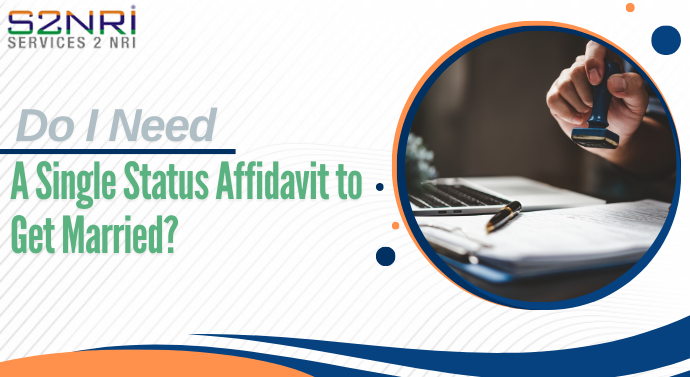Certainly, anybody who could potentially get married needs a single status affidavit or certificate. An affidavit can be obtained if the unmarried or bachelorhood certificate is not formally issued in the country or state.
Read MoreTag: CENOMAR
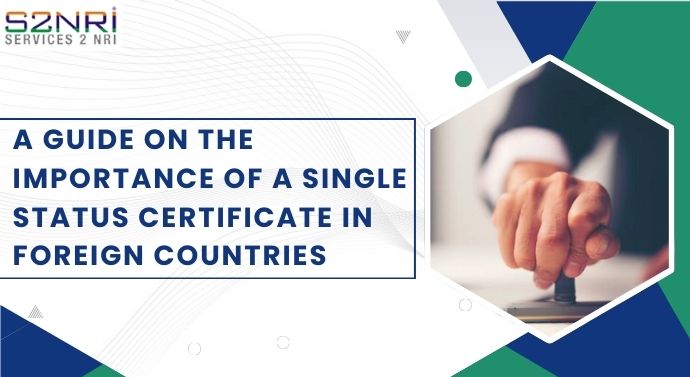
A Guide on the Importance of a Single Status Certificate in Foreign Countries
A single status certificate is an official paper that a concerned authority issues in a country. In India, a notary public is a concerned person who drafts an affidavit. This affidavit states an oath, which includes the name, date of birth, parent’s details, and more that represent the identity of the person. Mainly, it focuses on his or her single status or bachelorhood. The notary public attests it after verifying the authenticity of supporting documents. Ultimately, it proves that the individual is unmarried and legally free to marry.
Read More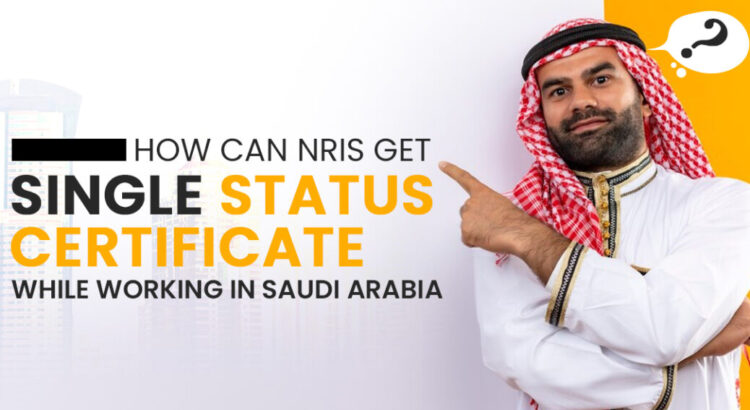
How Can NRIs Get Single Status Certificate While Working in Saudi Arabia?
Also known as a no marriage certificate or certificate of no impediment, a single status certificate can be obtained easily, even if you’re in Saudi Arabia and working as a non-resident Indian (NRI). This document is a legal paper required for different purposes, especially navigating the challenges in marriage abroad or its registration.
Read More
How Can NRIs Get Married Overseas, Especially in the UAE?
NRIs (Non-Resident Indians) can solemnise marriage in a foreign country. However, there are many barriers, especially legal roadblocks. But, there is always a way. So here in this blog, we will see how this can happen.
Read More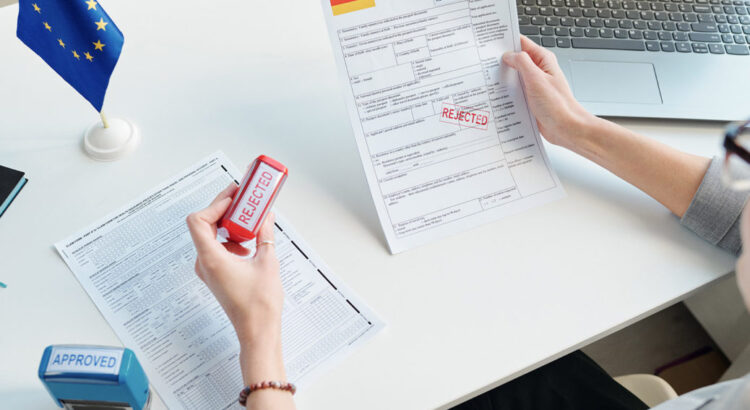
What If Foreign Embassy Doesn’t Issue Single Status Cert.?
Declarations Or Certificates are Legitimate Proofs
Recently, a case was filed in the Kerala High Court, India. Its verdict has the answer of “what if the foreign embassy does not issue a single status certificate”. The source carried an overview of the case.
Read More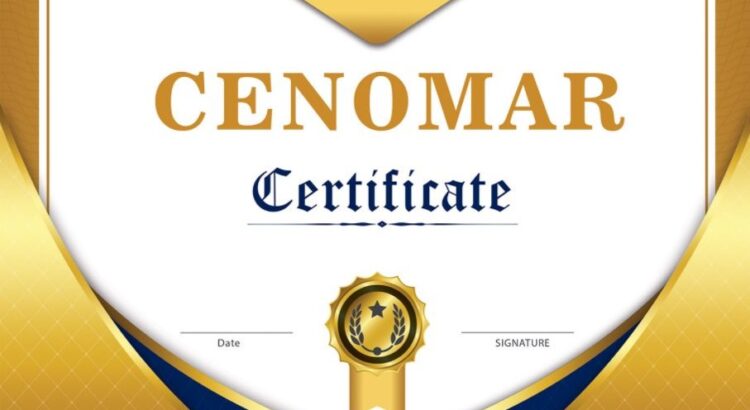
What is CENOMAR?
About CENOMAR (Certificate of No Marriage)
A legally valid document stating that the bearer is single is called CENOMAR. It stands for Certificate of No Marriage.
Read More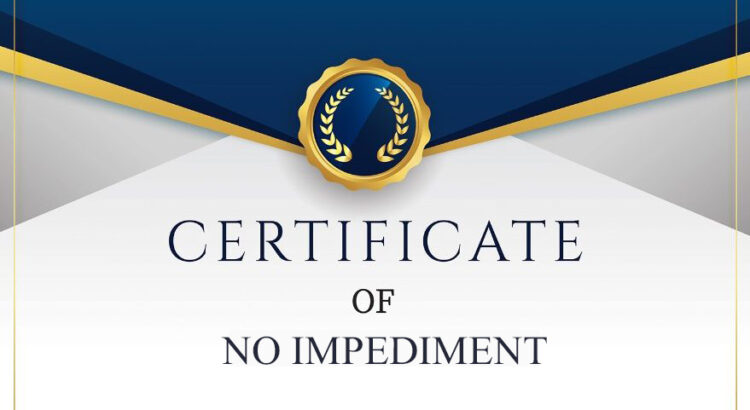
How NRI Can Get Certificate of No Impediment?
Being an NRI, you need to have a certificate to show that you are single and have no dependent from previous marriage.
How do you get it?
Here are some ways to get it.
Read More









